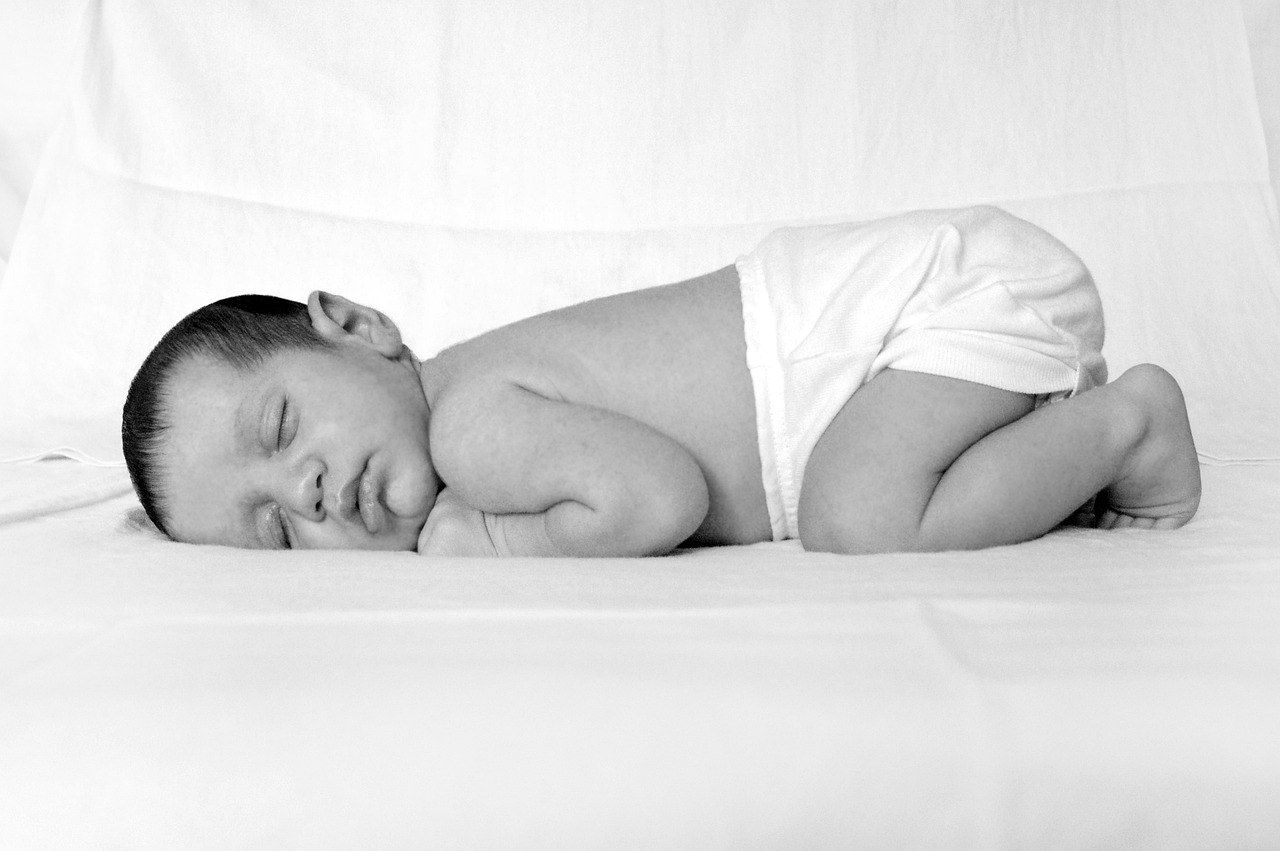Urinary incontinence in men and women appears to be on the rise, based on marketing, but in truth, it has always been a problem. However, the incidence may indeed be on the rise, possibly showing up in a younger population than once noted before. What is going on with urinary incontinence? Why is your body all of a sudden having issues and leaking urine? Is there something you can do about it, aside from surgery, medications, and use of absorbent pads?
There is never anything new in the world, at least this was a truth pointed out to me many years ago. What this means is that any problem in the medical world is not technically ‘new’, per se, but more so is new to you or another as it has been given a new name or even subdivided into specific groups or divisions. Despite all of that, the problem likely has been around for eons, but may be increasing in incidence.
Urinary incontinence is one of those medical conditions. It is not new, but just put more in the spotlight because of technology advances in marketing and reaching people. Urinary incontinence may, however, be increasing in the incidence and impacting many that were once perceived as being too ‘young’, which is not too uncommon today.
When I graduated many years ago from veterinary college, urinary incontinence was fairly common in the aging female dog, especially if they were spayed or in other terms, had received an ovariohysterectomy in their younger years. Even as students, we were well aware of the problem, and all those years ago we were taught that the condition was directly linked with a reduction of estrogen in the female dog. We even had various hormonal options and other medications that we used, quite successfully then. We new the problem all those years ago, but today, it is a new game.
I saw a medical report recently that was highlighting two urologists on their social media platforms. They were talking about urinary incontinence and how the urethra was now perceived as a sex organ. Wow! Throw in that word and you get all sorts of attention and they did, which was they were looking for, but not for patient reasons. What the heck are they talking about?
The essence of their rambling was that it now appeared that incontinence in both men and women was due to a loss of androgen hormones in the body. Androgens are generally linked back to our sex hormones, being testosterone and estrogen. They were essentially saying that as we age, our sex hormones decreased and that, so did the ability of our urinary tract, which then contributes to the incontinence issues.
Hmmm. Remember what I said before? Nothing is ever new. This concept was well known and established in my world of veterinary medicine in the mid 1990’s. Why has it taken 30 years to move over into the human world?
Well, here’s the thing. Our bladders empty into the urethra, which then exits our body, draining the urine. There is a muscle around this urethra, termed a sphincter, which tightens it down and helps to retain the urine, keeping it from freely leaking. This is very similar to other sphincters in our body, including our anus. This sphincter becomes weaker as we age and this steady decline in strength is connected to the sex hormones, being testosterone and estrogen. These famed urologists were stunned at the findings, plainly saying that the ‘cure’ would come with hormone injections. Not so fast, I say. Use caution here. Why?
Aging is a complex condition, being linked to a slow deterioration in cellular function in many areas of our body, not just our urethra and sex hormones. Aging is associated with chronic inflammatory changes and oxidative stress damage, accumulating over years and being directly associated with our lifestyle, our diet, stress, exercise or lack thereof, and many other factors. The way I see it, if there is a reduction in a hormone, such as estrogen or testosterone, there is a reason and this reason is that mentioned above, chronic inflammation. Our body may not be producing that hormone at prior levels and for a reason. In some cases, I believe the body is conserving its resources and redirecting them to another more vital area of our body, which then may lead to a reduced androgen production. The bottom line is that if we just step in an supplement a pure hormone, we are bypassing the system and putting something into the body that it may not want at that time, nor be capable of handling. This was well documented in past years in men with ‘low T’ syndrome and the craze where doctors were medicating men with exogenous testosterone. This often led to more health problems than it resolved and this is true in women as well with estrogen, even if they are ‘bioidentical’.
Doesn’t it just make more sense to tackle the problem as the source or origin of creation? It does to me and in truth, something like this is much easier to prevent than to repair after the damage is done. To do this, it involves change in lifestyle, diet, exercise, and even mental outlook. Are you willing?
Traditional Chinese Medicine has a few views on conditions such as low androgens and urinary incontinence. In TCM, urinary issues are connected to the kidney, which is a main organ in the world of TCM. The kidney is one of five main organs in TCM and the main one that takes abuse as we age and do stupid things in our lives. I have discussed the concept of the kidney in this article. The whole concept of kidney Yin, Yang, and Qi are important and if you can grasp their impact, things start to make sense and management options become more real and within reach.
Herbs to consider in cases of urinary incontinence include:
- Astragalus membranaceus – potent kidney Qi tonic, helping to rebuild strength and overall vitality.
- Ashwagandha – potent kidney Yang tonic, supports a healthy stress response, eases nervous tension, and benefits testosterone production.
- Shatavari – potent kidney Yin tonic and adaptogen, helping to support the body moisture, cooling inflammation, and benefits women’s health and estrogen
- Cordyceps – mild kidney Yang tonic, benefits energy and vitality, supports health kidney function and androgen production.
- Shilajit – mild kidney Yang and vitality tonic, supports healthy kidney function, mental health, hormone balance, and bone health.
These are just the main kidney herbs that can benefit a variety of conditions, including urinary incontinence. Keep in mind that there are several factors at play from diet to lifestyle, and no single herb is going to bypass these effects. If you are truly seeking improvement, then all factors must be addressed. Also, men and women both produce testosterone and estrogen, thus all three herbs mentioned above can be of help in both men and women, especially if there is dryness.
As further food for thought, keep in mind that your urine may be leaking due to a weakness of that urethra muscle, but how else doe this reflect in your body? It is also not uncommon to find muscle atrophy in people as we age and decreased overall strength in the body. Hmmm, are they connected? What role does your lifestyle and diet play? Is there also a connection with type II diabetes or metabolic syndrome, especially considering the massive rise in those cases?
Author: Tom Schell, D.V.M, CVCH, CHN


